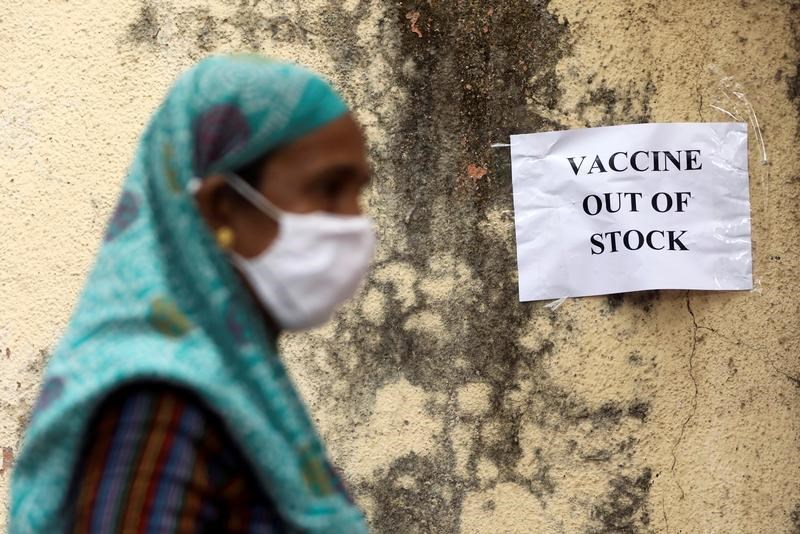Members of Moose Jaw’s Indian community are concerned about the welfare of family members living in India, a country seeing some of the world’s highest daily coronavirus infection rates.
Infection rates of COVID-19 began spiking around April 4 and reached their peak around May 6, with 414,188 new cases and a seven-day average of 389,803. Since then, both numbers have declined to 267,334 and 307,913, respectively, as of May 19.
The country’s health system was so overwhelmed that it was performing 4,000 cremations per day. Some bodies were even thrown into the Ganges River since they could not be cremated due to a backlog.
Overall, there have been 25.5 million reported cases in the Southeast Asian nation and 22 million recoveries, with 283,000 deaths. In comparison, the United States has the most deaths worldwide at 515,151, while COVID-19 has killed 25,052 Canadians.
Gagandeep Ghuman, a Moose Jaw business owner, is from a 1,300-person village in the state of Punjab in northern India. He explained that his relatives have been doing well and have not been infected; the pandemic has been mainly ravaging big cities such as the national capital of Delhi.
“They’re doing good. They’re totally locked down there. Like nobody’s allowed out after 5 o’clock,” he said. “All the businesses are shut. Nobody’s allowed to open the shops or anything.”
Since most of the village is locked down, non-governmental organizations (NGOs) and other volunteers go around the community and offer to bring groceries to families. Some of these groups rely on online donations to function.
Whenever Ghuman speaks with his relatives by phone, their concerns are about eating healthy and staying inside. Another step his family has made to remain healthy is to take the vaccine, although some relatives have experienced negative side effects.
For example, his aunt experienced a major fever for two days before recovering. His uncle, meanwhile, came down with blood clots that turned his arm blue before it returned to normal a few days later.
Ghuman is thankful that his parents moved to Canada two months ago. However they, too, are worried about family in India and call home almost every day.
College student Dipen Panchal is originally from a city of 50,000 people in the state of Gujarat on the northwest coast of India. His home community has been facing a hard situation.
“All my neighbours are positive and some have died because they not get the treatment. The doctors said they need oxygen, but they not get it. So they died,” Panchal said, noting he has encouraged his family to remain inside as much as possible. “It’s getting worst and worst, to be honest.”
Panchal’s mother is a beautician and runs her own business but was forced to closed because there were no customers. Meanwhile, his father was earning 1,000 rupees per month — about $17 Canadian — but that has dried up. This has forced Panchal to take on two jobs here to send grocery money to his parents.
None of Panchal’s family or relatives have died from COVID-19. However, some have been infected and have had a difficult time after the infection.
A Regina-based Indian organization has created a GoFundMe page to help provide relief to that country. Meanwhile, the Saskatchewan government has sent 100 ventilators to the country and plans to look for other ways to help.




